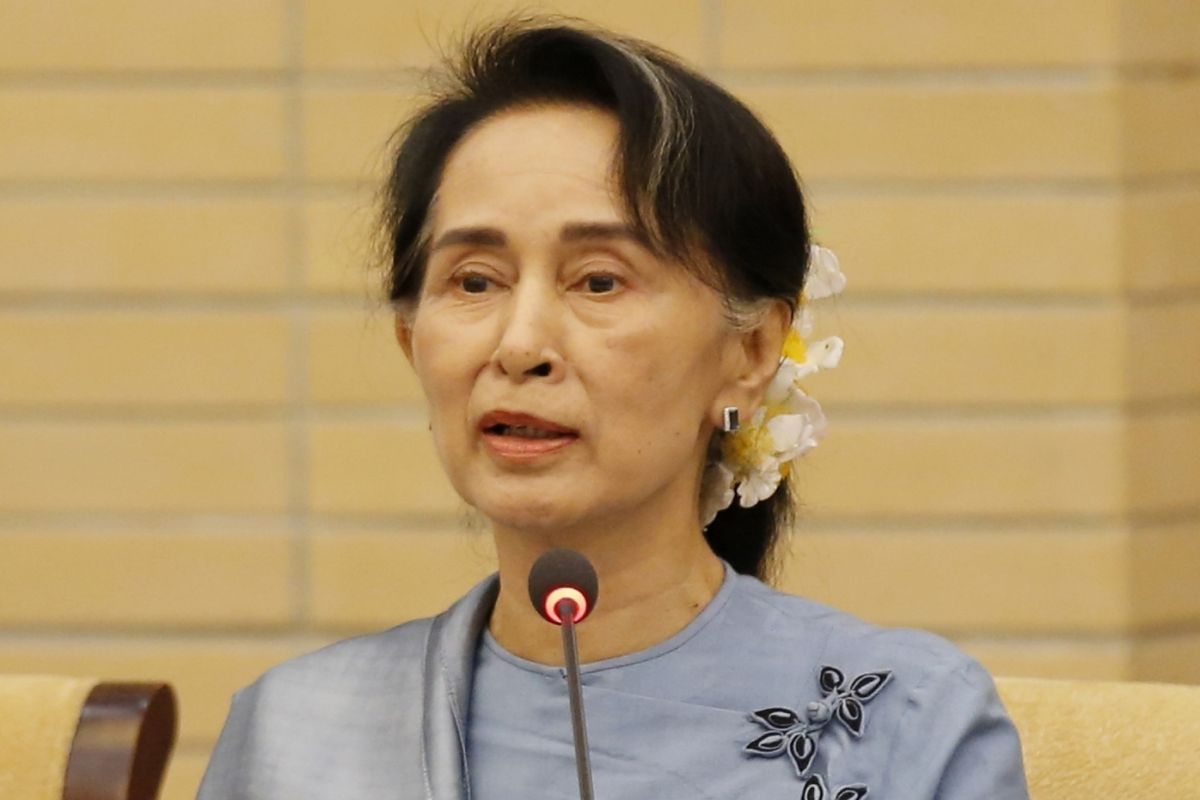It may be sheer coincidence that Myanmar’s next parliamentary election on 8 November coincides, almost to the day, with the vote in the United States of America.
While the noble concept of democracy has all too frequently been convulsed in America over the past four years, it has overall been a non-starter in Myanmar despite the hope raised in November 2015 ~ indeed the first election after Aung San Suu Kyi’s prolonged incarceration.
Advertisement
The scintilla of hope has been dashed over the past five years, and has in the net exposed the shambolic democracy in Myanmar.
If the election is intended to serve as a test of the country’s first democratic government in half a century, the goalpost cannot readily inspire optimism. This succinctly is the nation’s tragedy.
The icon of democracy has had to be content with the office of Senior Counsellor and not President.
In real terms, civilian governance has well and truly been overshadowed by the military junta; Suu Kyi is acutely aware that she has played second fiddle to the GHQ in Naypidaw, most damagingly while addressing the plight of the persecuted Rohingyas.
She did win a landslide victory in 2015, but the junta has been loath to give up its levers of power. It must remain open to question, therefore, if the election will effect a transition away from direct military rule. It is all very well for the Election Commission chairman, Hla Thein, to take to the airwaves and announce a “multi-party general election for the Parliament”.
The nub of the matter, which ought not to be overlooked, must be that parties and politics in Myanmar are overshadowed by the soldier’s gun. It is early days to speculate whether there will be a paradigm shift in the praxis of the junta, between now and the date on which the first vote is cast.
In the main, Suu Kyi’s administration has come under pressure internationally over a military crackdown that drove hundreds of thousands of Rohingya Muslims into Bangladesh in 2017.
At home, while she remains overwhelmingly popular, her government has struggled to match people’s expectations and has had to rebut criticism over escalating violence against ethnic armed groups.
At another remove, economic growth has been sluggish in the extreme. Myanmar being Myanmar, well might the junta blame the civilian establishment for the mess and thus evade responsibility.
It is time for the electorate to see through the sham, verily the worst humanitarian crisis since the Second World War, in the reckoning of the United Nations. Suu Kyi’s National League for Democracy (NLD) will contest all constituencies across Myanmar. The outlook is uncertain for the parties; not so for the army, however. Come 8 November, Myanmar might bear witness to an army’s election… yet again.











